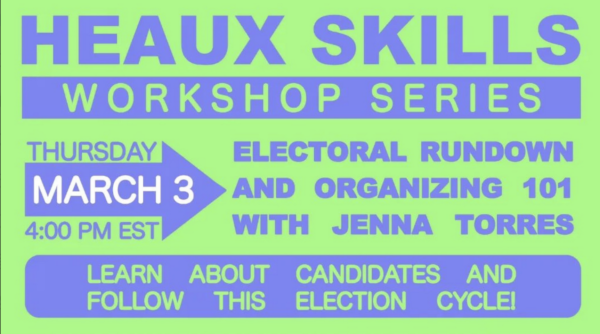By Lindsey Lanier and Zee Xaymaca, 13 June 2022
NOTE: This article references an American legal case which makes frequent use of the term “woman” as a proxy for the broader group described as “sex workers.” We understand not all sex workers are women (and assert that the two are not interchangeable categories) and highlight that in the discussion below. The reason that “discrimination against sex workers” is contextualized as “discrimination against women” is because the laws upon which this case was decided require “sex-based discrimination” and therefore a connection between sex work and womanhood.
Does a woman have a right to be free from sex discrimination— in this case, discrimination based on gendered expectations—in work and education? How about if she is/was a sex worker? The courts have had little to say in regard to these questions until recently. In 2021, the case of Gililland v. Southern Orange County Community College forced Oregon’s courts to weigh in on the matter.
In 2017, nursing student Nicole Gililland complained that administrators in her nursing program at Southern Orange County Community College were discriminating against her. After staff members at the nursing program found out about Gililland’s past as a porn actor, they targeted her by grading her academic work more harshly than other students, marking her assignments late, and falsely accusing her of plagiarism. One faculty member referred to Gililland, stating that it takes a “classy woman” to be a nurse, and gestured towards Gililland continuing, “unclassy women shouldn’t be nurses.” When the nursing program expelled Gililland for the failing grades she had received, Gililland initiated her lawsuit against Southern Orange County Community College.
Gililland argued that faculty at the college treated her differently from other students because of her history of sex work, and due to the linkage between sex work and gender stereotypes. Feminized labor like sex work is heavily associated with traditional notions of a woman’s purity and “class” (ie being an appropriate and correct kind of woman). Notions of “proper” womanhood are used to determine what should be accessible to people based on their adherence to these stereotypes. Not least of these is the expectation that women should lead an overtly non-sexual existence. Sex workers directly challenge this imposition.
Women who engage in sex work must contend with this attempt to deny them access to resources because they break with these common traditions of femininity. Their careers challenge the patriarchal assertion that women who sell sexual labor are made inferior and undeserving by their work. The professor’s statement suggesting that Gililland was “unclassy”, combined with administrative harassment in the form of unjustified failing grades, constitute an attempt to deny her the right all Americans have to access education.
Sex working women face this form of sex discrimination in their interactions with social service and medical institutions as well. For example, doctors, prejudiced by knowledge of a patient’s sex work, may make assumptions about the patient that influence the direction of care and treatment. Furthermore, because sex work is not recognized as a legal form of work, some social goods like unemployment insurance or disability payments are out of reach for sex workers.
On December 3rd, 2021 a federal court magistrate judge for the district of Oregon held (during summary judgment) that discrimination against sex workers qualifies as sex discrimination under Title IX of US federal civil rights law. Title IX States that “no person in the United States shall, on the basis of sex, be excluded from participation in, be denied the benefits of, or be subjected to discrimination under any educational program or activity receiving Federal financial assistance.” The interpretation of Title IX varies in US courtrooms. Standards for enforcement are created on a case-by-case basis. Over time, the rulings in these cases create a body of jurisprudence that acts as a guideline for how future cases are assessed.
It is important to note that this judgment is not yet the law of the land. This particular ruling is not binding on lower courts (or courts at the same level). It is possible, and perhaps likely, that lower courts will respect the precedent set by Gililland, but this is not a given.
Regardless of its value as a precedent, this ruling is a positive step toward protecting sex workers’ access to public resources. A government body acknowledging that sex workers face sex discrimination is a relatively new contribution to the argument sex workers have long been trying to make; that sex workers must have legal protection against the effects of stigma and prejudice.
The ruling may be interpreted as a tentative step toward legislation that formally includes discrimination against sex workers in the definition of sex discrimination. Such legislation would prevent harassment of sex workers in professional settings. This means it would be illegal to penalize a person for having engaged in sex work. It would be illegal to deny services to a person for that reason as well.
These measures will not override the stigma against sex work that is ingrained in our societies, but it will push forward the journey to legal recognition of sex work as a profession.
For further information on these issues check out this column in the Star Ledger “Improving the lives of sex workers mean anti-discrimination laws must follow” and “Who Needs Legislators? Discrimination Against Sex Workers Is Sex Discrimination Under Title VII” in Rutgers Law Review, Vol. 72 2020. Both of these pieces are written by Derek Demeri, a co-founder of New Jersey Red Umbrella Alliance.



